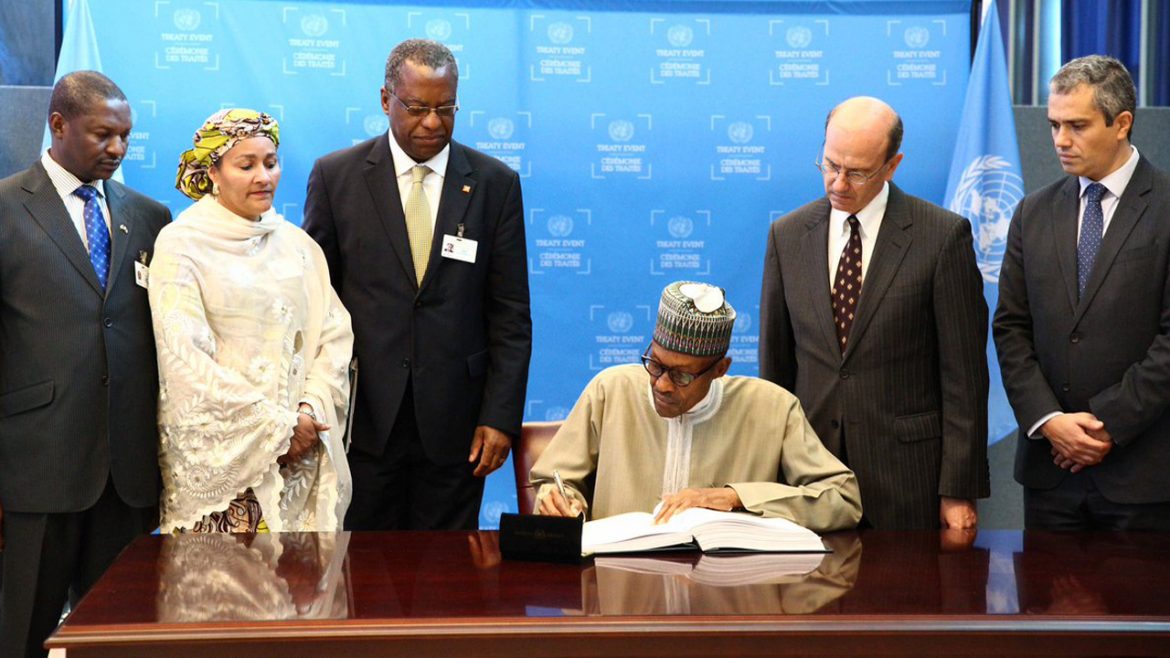Environmentalists from the Niger Delta region have urged those involved in the oil extraction industry to pressure International Oil Companies (IOCs) to begin the implementation of carbon emission reduction measures that are clearly outlined in the Paris Climate Agreement and that aim to limit global warming to 1.5°C or less.
Rev. David Ugolor, Executive Director of Africa Network for Environment and Economic Justice (ANEEJ), urged investors to go on a fact-finding mission to learn the real state of the IOC’s operations in the area while speaking at a two-day workshop on Climate Crisis and Energy Transition in Port Harcourt.
Ugolor lamented that all of these things occurred while the region remained devastated, noting that Shell announced a profit of 32.3 billion pounds at the end of 2022, the highest in their roughly 115-year history.
He said: “Already, oil and gas exploration activities, with their devastating impact, are evident in the Niger Delta region and other locations in different parts of the world, where oil exploration activities are going on.
“Here in the region, we are faced with gas flaring, oil spillage, environmental degradation and pollution or contamination of the land, water and air, loss of livelihood, health challenges and other negative effects.
Read Also: aneej-urges-stakeholders-to-advance-just-energy-transition
“Unfortunately, oil and gas companies are more interested in making profits to our detriment, despite global agreements on emission reduction. As we speak, Shell declared a profit of 32.3bn pounds (39.9$bn) for 2022, the highest profit in their history, of about 115 years and paid out $6.3bn to its shareholders in the final three months of 2022; Exxon Mobil announced a profit of nearly $56bn and Chevron about $36.5bn. All these are happening while the people of the Niger Delta are living in misery and poverty.”
He expressed fear that there are indications that the 1.5°C target in the Paris Climate pact is already extremely hard to reach, noting that the transition target of 2030, which emphasizes the need for urgent global actions to tackle climate change indicates that this target will probably not be achieved, even by 2030.
He also noted that the climate and energy strategy of Shell and other multinational oil companies fall short of what is required to achieve the Paris Agreement of limiting the increase in the average global temperature to 1.5 degrees Celsius above pre-industrial levels.
Story adapted from The Guardian
